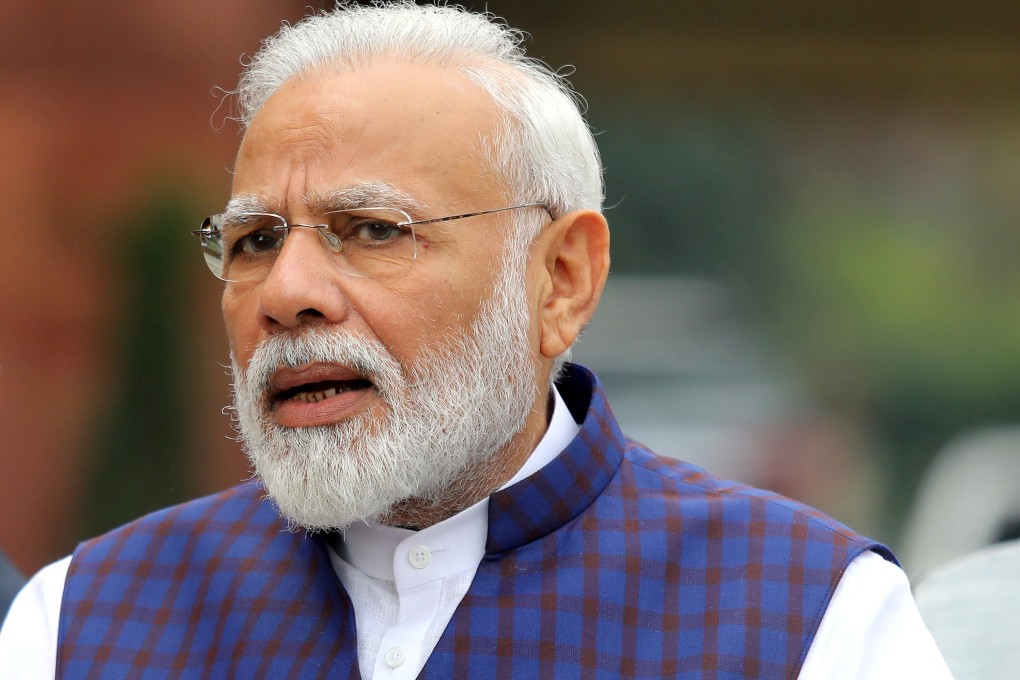Advertisement
China-India border talks stall, sparking calls for Modi to get tough on Beijing
- As the stand-off between Indian and Chinese troops in Ladakh enters its 15th week, there are increasing calls for New Delhi to get tough on Beijing
- While economic sanctions on China have been rolled out, a group of analysts and army veterans are calling for a sterner diplomatic and military response
Reading Time:5 minutes
Why you can trust SCMP
0

As the border stand-off between Indian and Chinese troops in the Himalayan region of Ladakh enters its 15th week, with little indication of a breakthrough in talks, criticism of Prime Minister Narendra Modi’s administration is brewing in New Delhi.
Unhappy at what they see as India’s overly cautious approach, a group of military veterans and analysts are increasingly calling for the Modi administration to get tough on Beijing.
The prolonged stand-off could end up “constricting” India’s military options to restore the status quo, they say, leading to India losing control over vast tracts of strategically located land – so the group is calling for New Delhi to consider a range of options, from shutting the Chinese embassy in Kolkata to building a global case against Chinese aggression.
Brahma Chellaney, strategic studies professor at the Centre for Policy Research, a New Delhi-based think tank, is among those calling for diplomatic sanctions in the form of downsizing or shutting down Chinese consulates and embassies on Indian soil. He pointed to how the United States last month ordered China to close its embassy in Houston, Texas, over accusations of espionage – following which the Chinese government ordered the closure of the American embassy in Chengdu.
“As a warning shot across China’s bow, India should rescind its 2006 decision allowing China to reopen its consulate in Kolkata. That decision was made despite Beijing’s refusal to let India reopen its Lhasa consulate,” Chellaney said.
India had a full embassy in Lhasa, the capital of China’s Tibet autonomous region, until the 1962 Sino-Indian war.
Since Indian and Chinese troops clashed with bare hands, spiked clubs and rods on June 15, leading to the deaths of 20 Indian soldiers and an unspecified number on the Chinese side, there have been at least 11 meetings between senior military and diplomatic officials from both sides in a bid to ease tensions.
Advertisement